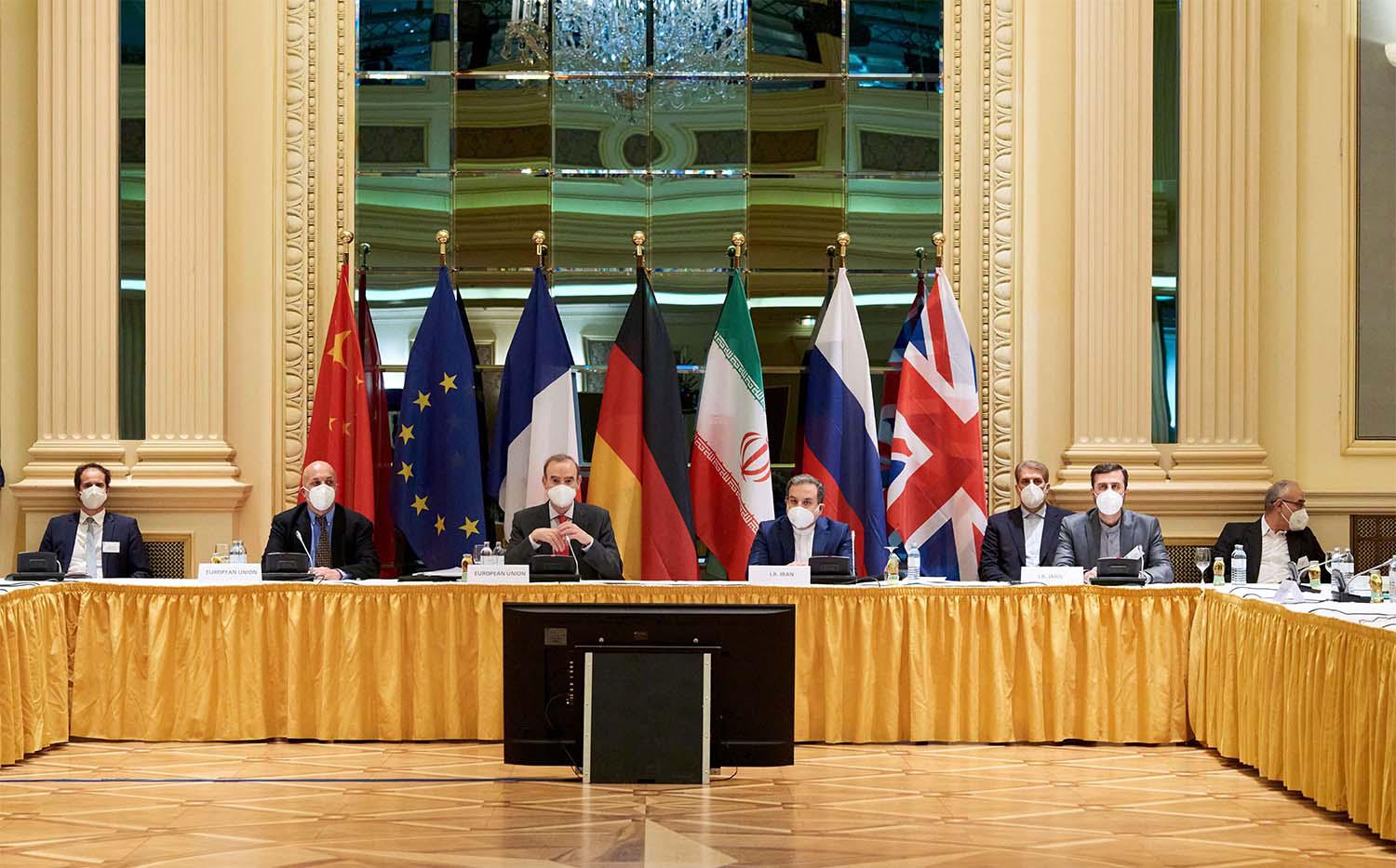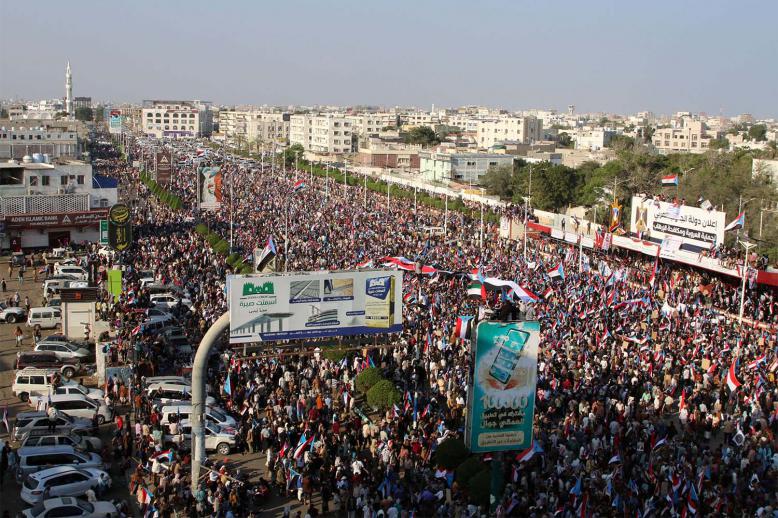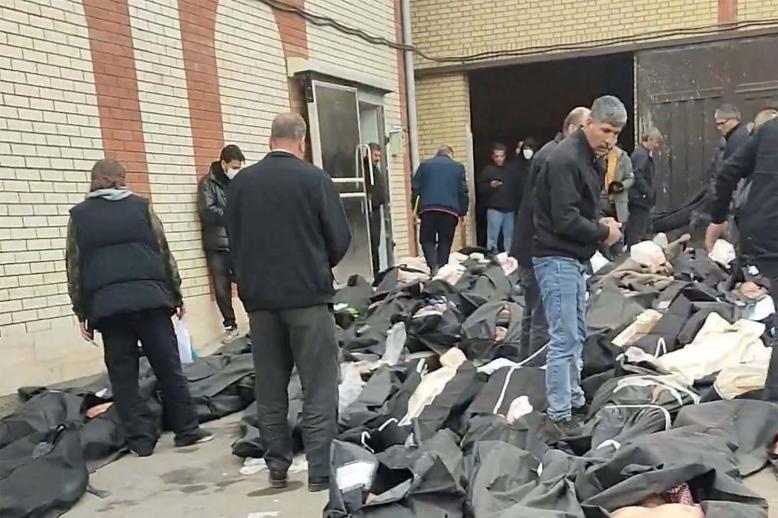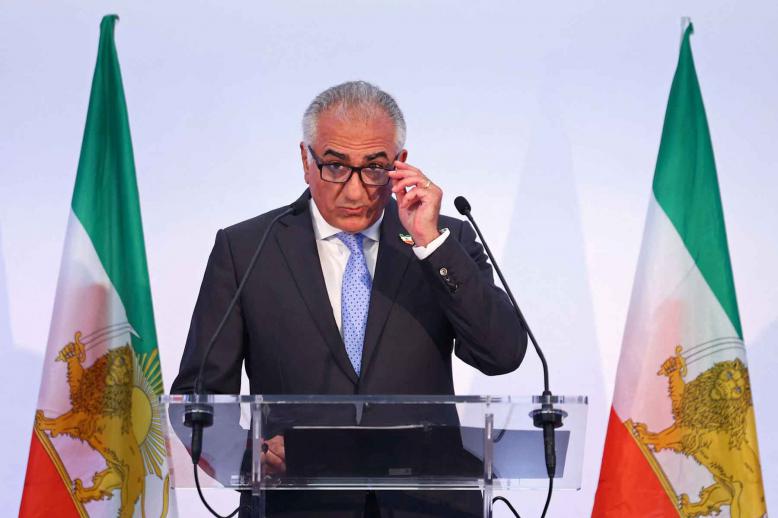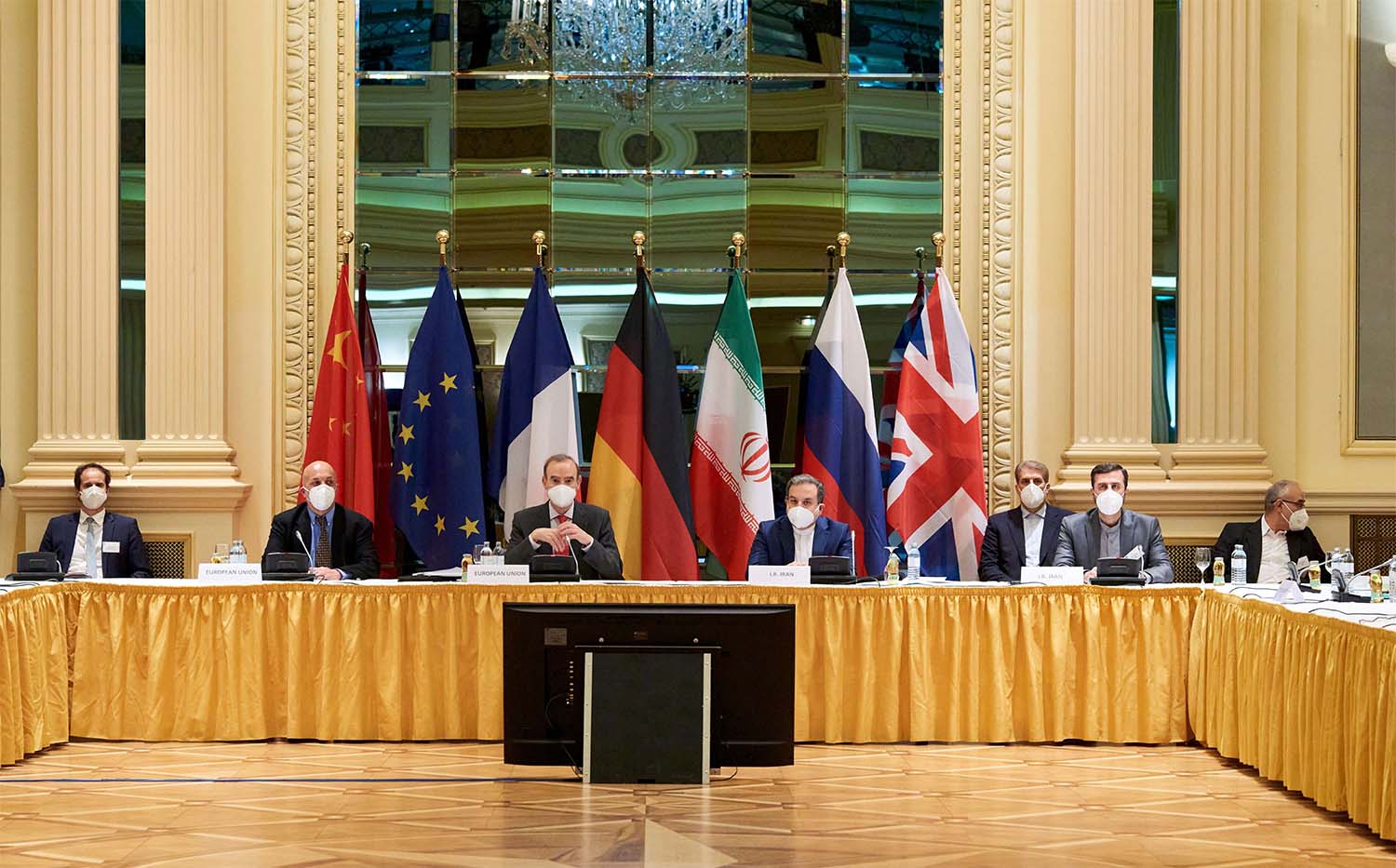World powers, Iran hold 'constructive' talks on reviving nuclear deal
VIENNA - Iran and world powers held what they described as "constructive" talks on Tuesday and agreed to form working groups to discuss the sanctions Washington might lift and the nuclear curbs Tehran might observe as they try to revive the 2015 nuclear deal.
While longtime foes the United States and Iran say they do not expect any quick breakthroughs, and Tehran rejects face-to-face talks for now, both governments and the EU described the early exchanges in positive terms.
European intermediaries have started shuttling between Iranian and US officials in Vienna as they seek to bring them back into compliance with the accord, which lifted sanctions on Iran in return for curbs to its nuclear programme.
Former US President Donald Trump withdrew from the deal in 2018, prompting Iran to steadily overstep the accord's limits on its nuclear programme designed to make it harder to develop an atomic bomb - an ambition Tehran denies.
Tuesday's talks included a meeting of the remaining parties to the original deal: Iran, Britain, China, France, Germany and Russia in a group called the Joint Commission that is chaired by the European Union.
The United States did not attend.
"Constructive Joint Commission meeting. There's unity and ambition for a joint diplomatic process with two expert groups on nuclear implementation and sanctions lifting," EU chief coordinator Enrique Mora said on Twitter.
A source familiar with the matter said diplomats briefed the US delegation after their talks with Iran and the wider group.
The two expert-level groups have been given the task of marrying lists of sanctions that the United States could lift with nuclear obligations Iran should meet, and reporting back on Friday, when the Joint Commission will meet again.
"The talks in Vienna were constructive," Iran's chief nuclear negotiator Abbas Araqchi told Iranian state television.
And US State Department spokesman Ned Price told reporters in Washington: "It is a welcome step, it is a constructive step, it is a potentially useful step," even as he repeated the US expectation that the indirect talks would be "difficult."
A resolution of the nuclear issue could help ease tensions in the Middle East, notably between Iran and Israel as well as between Tehran and US Sunni Arab allies such as Saudi Arabia who fear the possibility of Shi'ite Iran getting nuclear arms.
In a possible sign of such strains, an Iranian cargo ship came under attack in the Red Sea, Al Arabiya TV reported, citing unnamed sources, and semi-official Iranian news agency Tasnim said the vessel was targeted by a limpet mine.
Al Arabiya cited its sources as saying the ship was attacked off Eritrea and was affiliated with Iran's Revolutionary Guards, but gave no evidence to support the assertion.
Speaking on condition of anonymity, US officials told Reuters the United States did not carry out such an attack.
No US-Iran face-to-face talks yet
Even without face-to-face talks for now, the presence of both Iran and the United States in the same location marks a step forward.
British, French and German officials will shuttle between the American and Iranian delegations, based in separate Viennese hotels five minutes away from each other. Russia and China, as fellow parties of the deal, are also present.
Iran has laid down a hard line with the United States, faulting it for having abandoned the nuclear deal, formally called the Joint Comprehensive Plan of Action (JCPOA) and insisting that Washington lift all its sanctions on Iran.
The head of the US delegation, Rob Malley, told National Public Radio (NPR) in an interview that the indirect talks would be about "identifying the steps that the US has to take and identifying the steps that Iran is going to have to take."
In response, Araqchi echoed the Iranian supreme leader's stance that Washington must lift its sanctions imposed under Trump and that Iran would only resume its nuclear compliance after verifying this.
"It is a lack of seriousness on their side. They have left JCPOA and they have imposed sanctions so obviously if they want to come back they have to lift all those sanctions," Araqchi told Iranian state television.
Araqchi also said Tehran had rejected a US proposal for Iran to suspend its enrichment of uranium to 20% fissile purity in return for the release of $1 billion of its funds blocked in other countries amid the US sanctions.
The talks, which could spread over several weeks, aim to strike some kind of accord before Iran's June 18 presidential election, an EU official said, although Iranian and US officials have said there is no rush.


